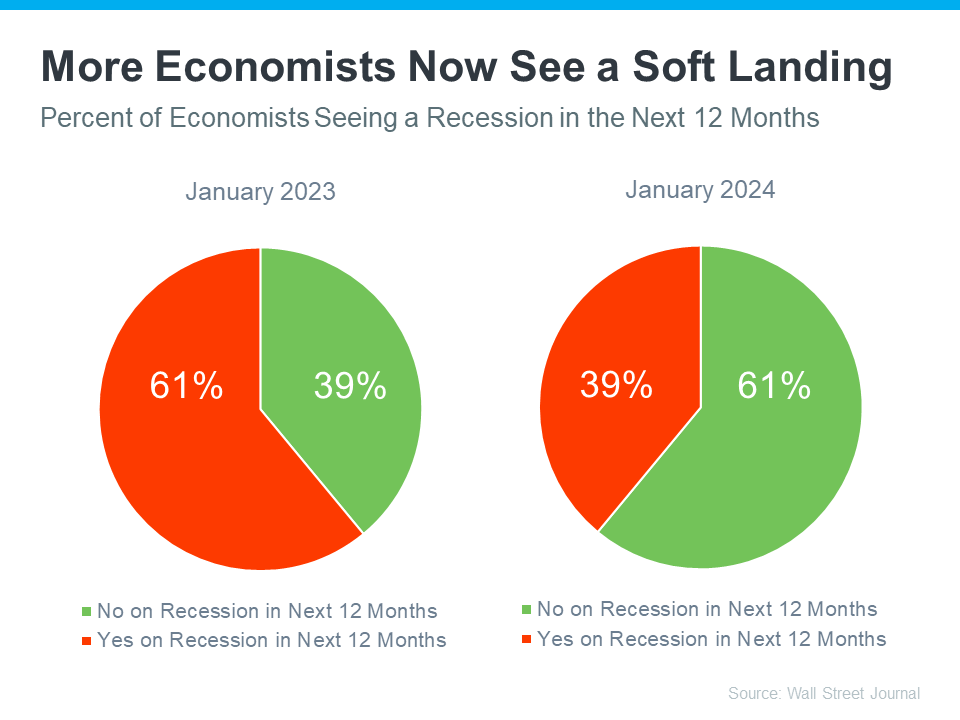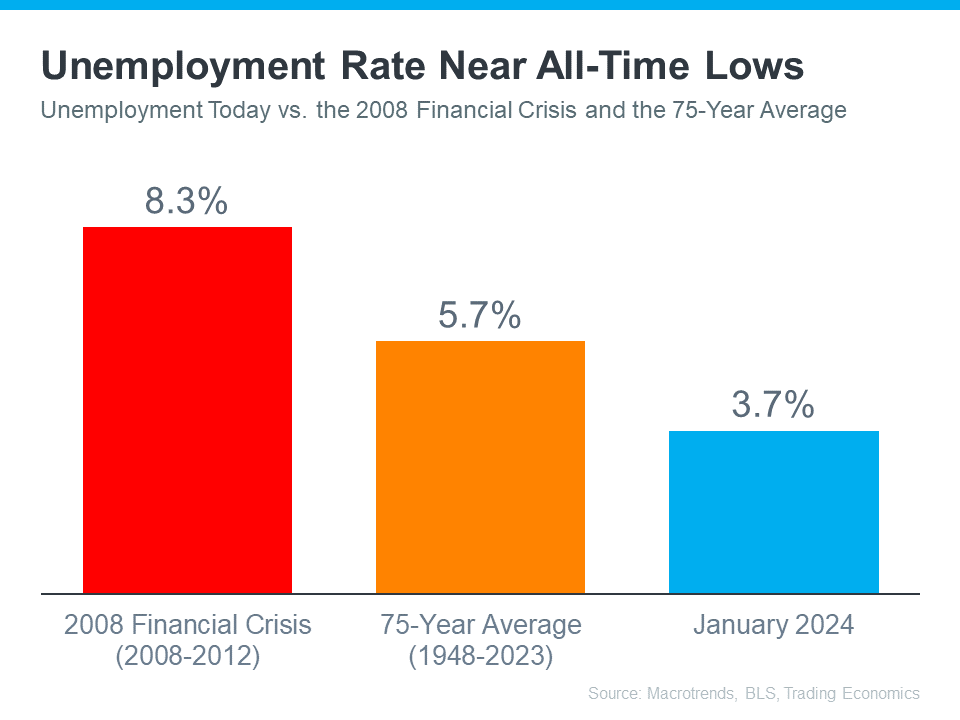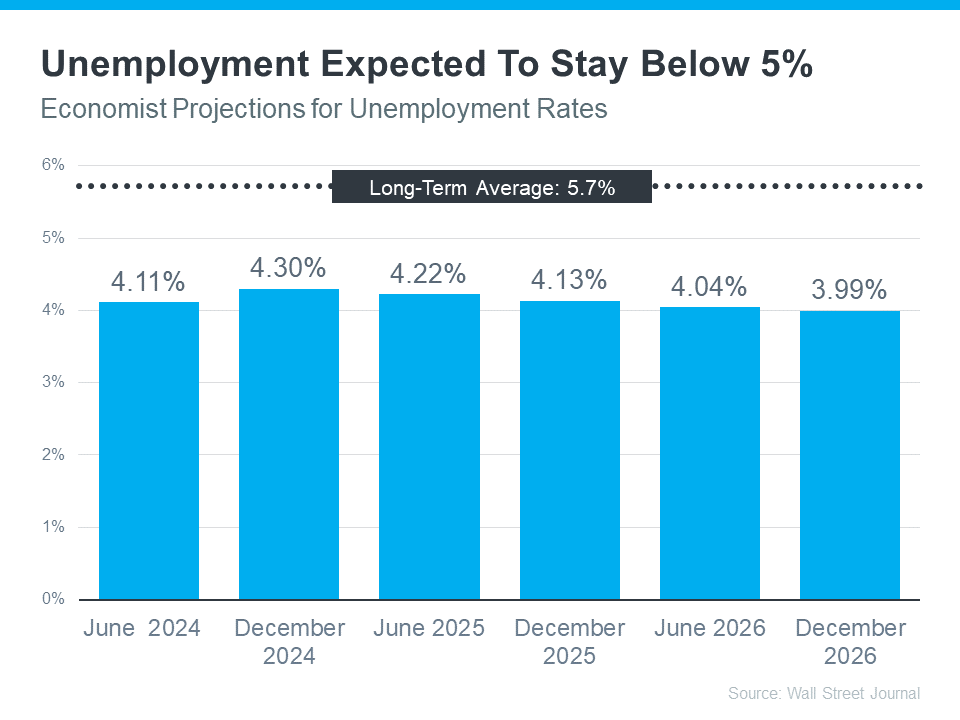Why Access Is So Important When Selling Your House

If you’re gearing up to sell your house this spring, one of your early conversations with your agent will be about how much access you want to give buyers. You may not realize just how important it is to make your house easy to tour.
Spring is the peak homebuying season, so opening your house to as many showings as possible can help you capitalize on the extra buyer activity we see at this time of year.
Since buyer competition ramps up in the spring, buyers will want to move quickly to see your house once they find your listing. And if they see it and fall in love with it at a time they know they’re competing with other buyers, you may be more likely to get the offer you’re looking for on your home.
Understandably, you want to keep the disruptions to your own schedule to a minimum, and you may be stressed about having to keep it clean, but it’s worth it. As an article from Investopedia explains:
“If someone wants to view your house, you need to accommodate them, even if it inconveniences you. Clean and tidy the house before every single visit. A buyer won’t know or care if your house was clean last week. It’s a lot of work, but stay focused on the prize.”
To determine what’s best for you, your agent will walk you through options like the ones below. This list breaks things down, starting with what’s most convenient for buyers and getting less buyer-focused as the list goes on:
- Lockbox on the Door – A key is available via a lockbox, which makes it easy for agents to show the home to potential buyers. This gives the most flexibility because the key is on-site and convenient.
- Providing a Key to the Home – An agent would have to stop by an office to pick up the key with this option. This is still pretty convenient for showings, but not quite as simple.
- Open Access with a Phone Call – You allow a showing with just a phone call’s notice, which can be great for someone who sees your house while driving by.
- By Appointment Only – This gives you a more advanced warning so you can get the house tidied up and be sure you have somewhere else you can go in the meantime. But it’s also a bit more restrictive.
- Limited Access – You might go this route if you only want to have your house available on specific days or at certain times of day. But realize this is the most difficult and least flexible of the choices.
As an article from U.S. News Real Estate says:
“Buyers like to see homes on their schedule, which often means evenings and weekends. Plus, they want to be able to tour a home soon after they find it online, especially if they're competing with other buyers. If your home can be shown with little or no notice, more prospective buyers will see it. If you require 24 hours’ notice, they may choose to skip your home altogether.”
Your agent will help you find the right path forward based on your schedule and what’s working for other sellers in your area. If you’re hardline on granting buyers more access or have interested out-of-town buyers who just can’t be there in person, your agent will get creative and help you explore other options like video tours, virtual showings, and more.
Bottom Line
When it comes to selling your house, you want to get as much buyer activity as possible. Let’s connect to talk about which level of access helps make that possible.



